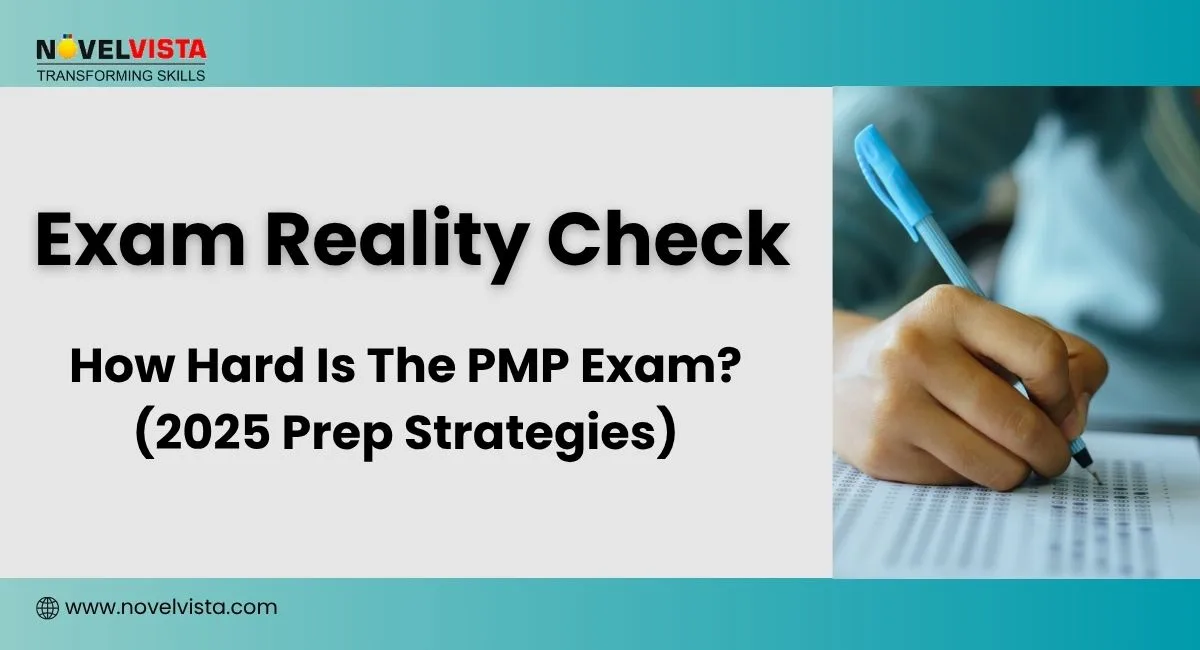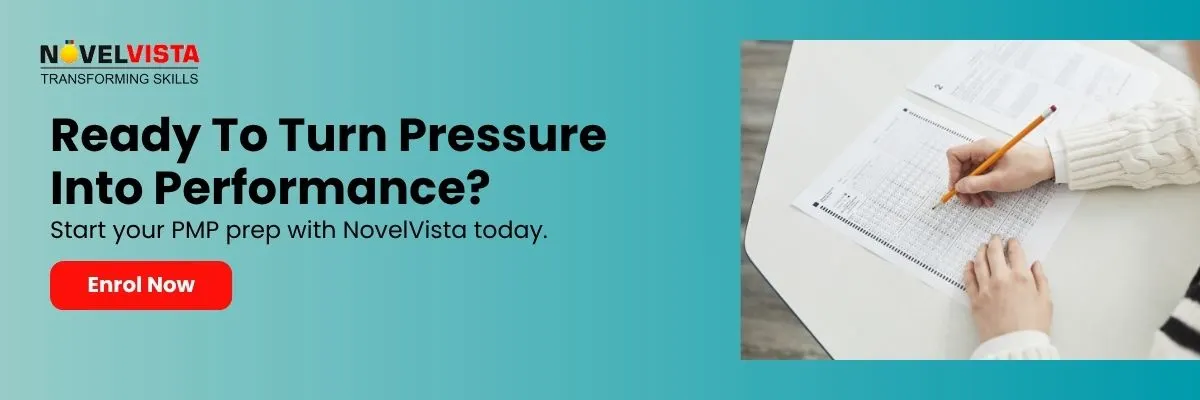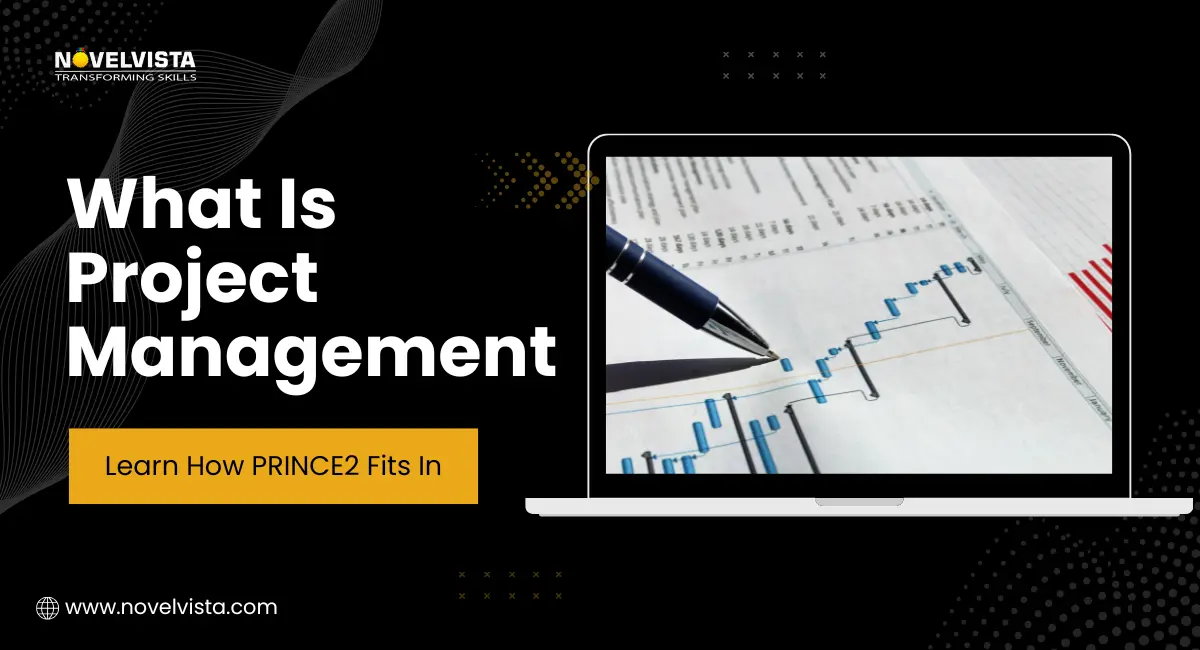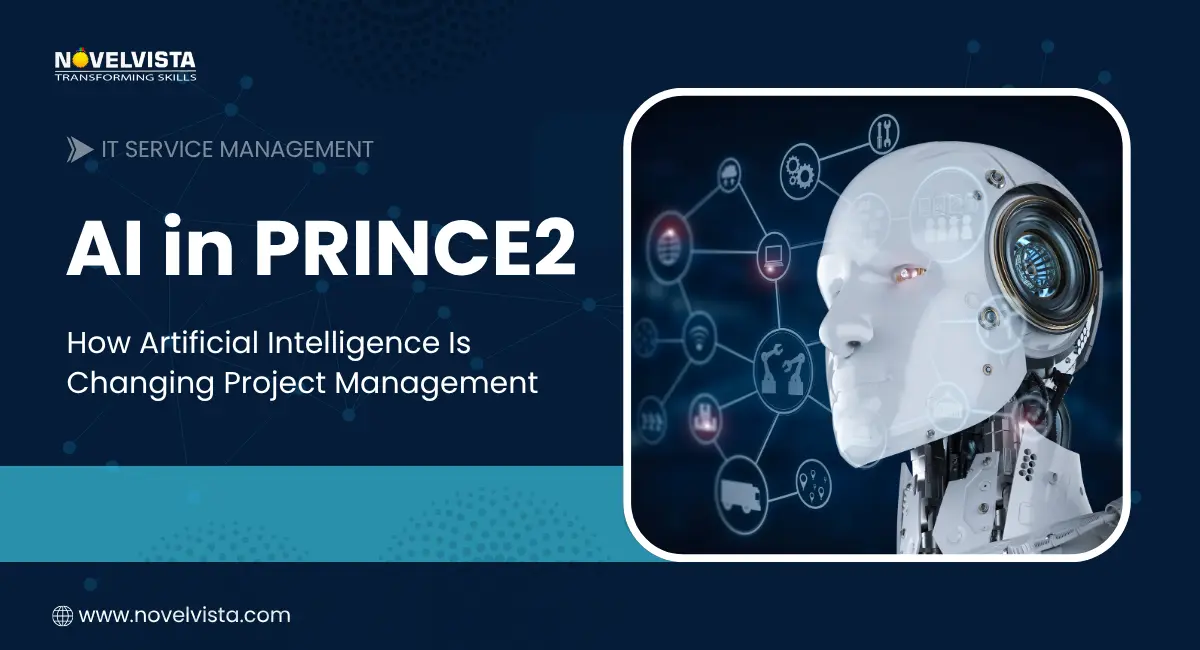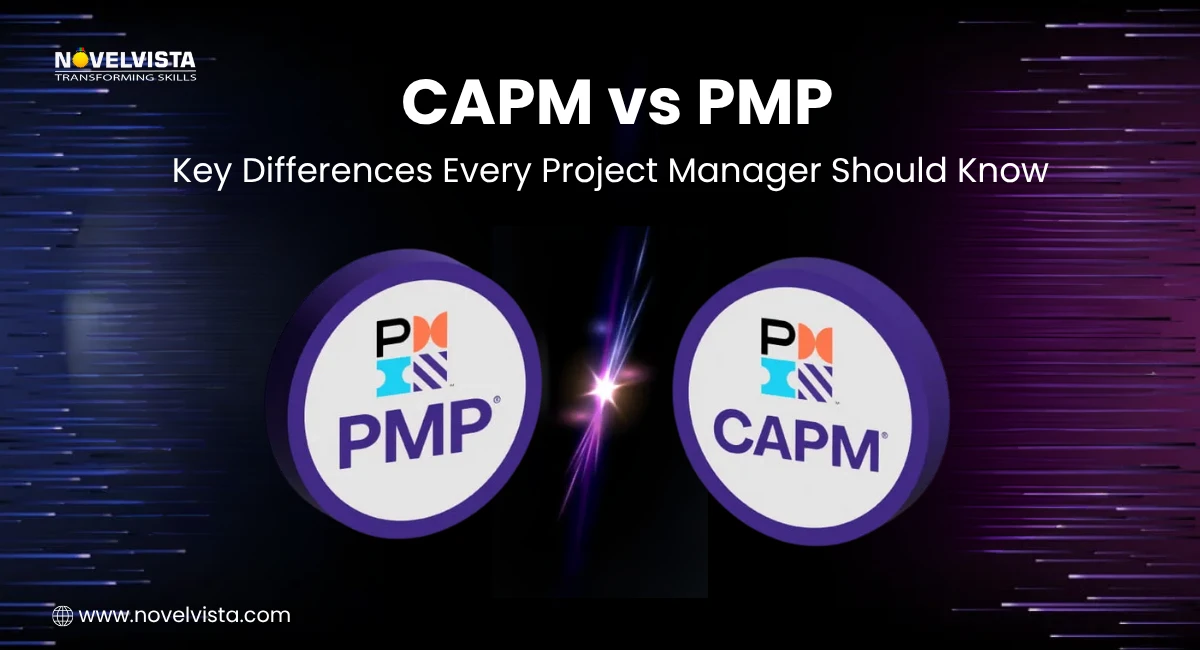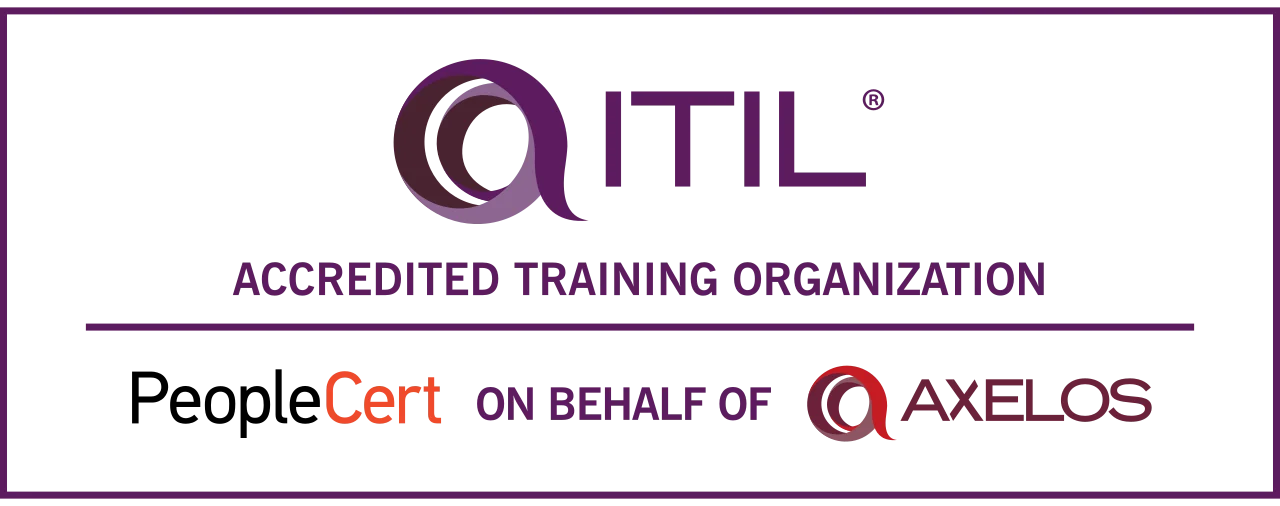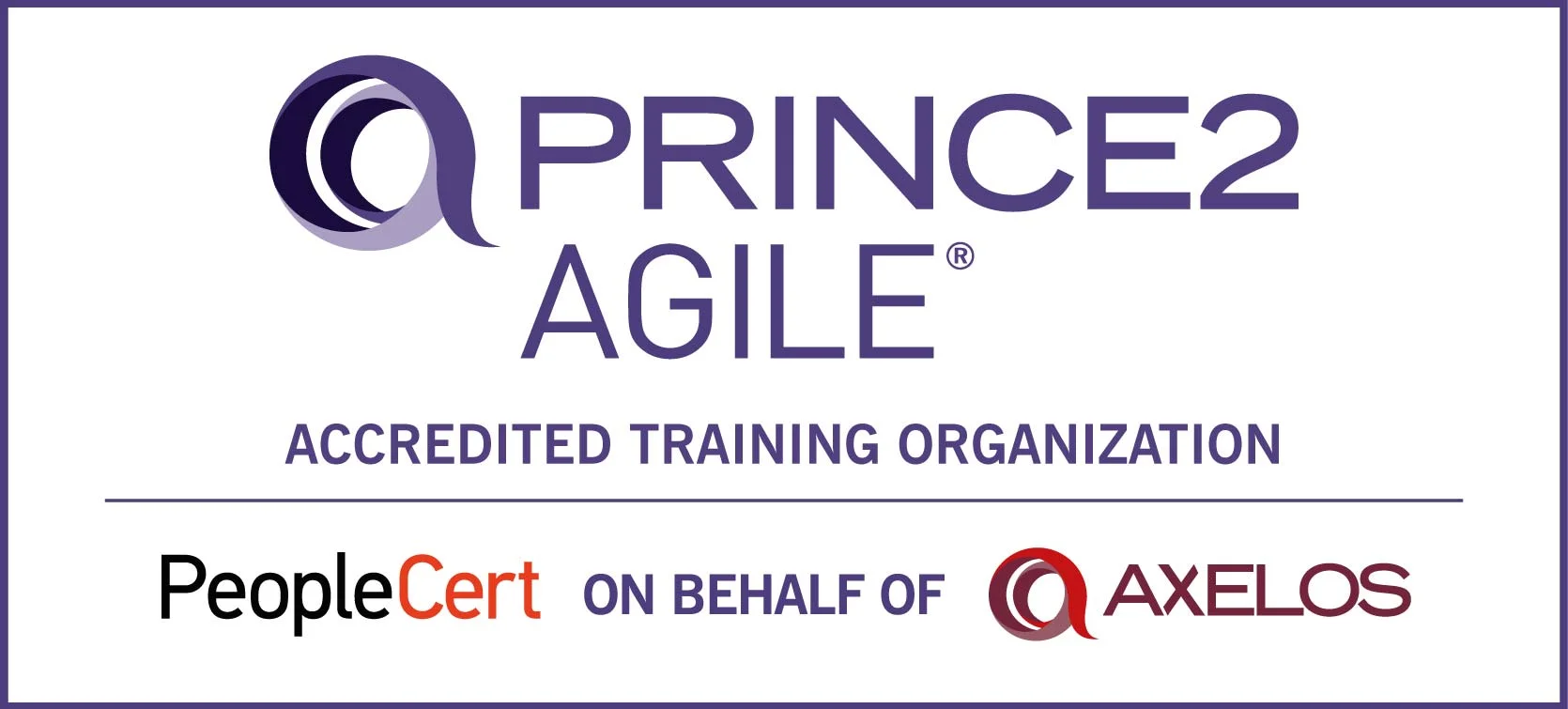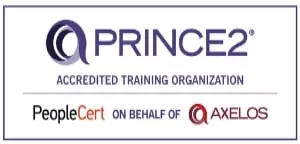- PMP Exam Format & Key Stats
- How Hard Is the PMP Exam: What Test-Takers Say?
- Why Is the PMP Exam Difficult?
- The Secret to Passing: Mastering the PMI Mindset
- PMP Test Pass Rate: The Numbers
- Is the PMP Right for You? The Pre-Exam Checklist
- Prep Time: How Long Should It Take?
- PMP Exam Preparation Strategies
- From Practice to Perfection: How to Learn from Mock Exams
- How to Manage Time in the PMP Exam
- Beyond the Books: The Mental Game of the PMP Exam
- How to Overcome PMP Preperation Pitfalls?
- Real Talk: What PMP Test-Takers Wish They Knew
- Conclusion
- Final Thoughts
If you’ve been wondering how hard is the PMP Exam? And whether preparing for it in 2026 is even worth the effort, you’re not alone. Many professionals hesitate. It’s time-consuming, it’s expensive, and frankly, the internet is flooded with contradictory advice.
But here’s the reality: the PMP is still one of the most recognized and respected certifications in the global project management space. And in today’s skill-obsessed, performance-driven market, standing out takes more than just experience; it takes proof. PMP offers that proof.
In 2026, it’s not just about proving you can manage projects. It’s about demonstrating that you can do it across hybrid, agile, and predictive environments. With teams now working from everywhere, and delivery timelines shrinking, employers want PMs who are as fluent in strategy as they are in execution.
But there's also confusion out there. How hard is the PMP exam? Is PMP too theoretical? Is it just for IT folks? Is it outdated?
Let’s bust the myths and show you what really matters.
PMP Exam Format & Key Stats
Let’s begin with the basics: What does the PMP exam in 2026 actually look like and how hard is the PMP Certification test?
- Total Questions: 180
- Time Limit: 230 minutes (that’s just under 4 hours)
- Breaks: Two 10-minute breaks (optional)
- Question Types:
- Multiple Choice
- Multiple Response (multi-select)
- Drag and Drop
- Hotspot
- Multiple Choice
The questions are based on the Exam Content Outline (ECO) and split into:
- People – 42%
- Process – 50%
- Business Environment – 8%
One important thing to note: questions are situational, not direct. You’ll be asked what you would do in real-life scenarios, not textbook definitions. You’ll need to think like a project manager in motion.
How Hard Is the PMP Exam: What Test-Takers Say?
You don’t need to take our word for it; let’s see what actual test-takers are saying.
“It’s a beast of an exam. Four hours, 180 questions, and every single one makes you think.”, ProjectManagement.com user
“The only thing that saved me? I took notes on every wrong mock question I answered.”, Reddit user who passed in 2 weeks with 35 hours of prep.
Real candidates often report the following:
- The exam is mentally draining, not because it’s impossible, but because it demands focus and application.
- Scenario-based questions are the real challenge, not remembering a term, but choosing the best course of action.
- Time flies fast; many don’t even get a chance to recheck answers.
This feedback underlines the need for mock exams and real-time simulation as prep essentials.
Why Is the PMP Exam Difficult?
So, how hard is the PMP exam? Is it just a myth? In reality, the PMP exam isn’t just another MCQ paper. It’s tough, and for good reason.
Here’s why many people find it challenging:
- Wide Syllabus Coverage: PMP covers traditional (waterfall), agile, and hybrid models. If you’re strong in one and weak in another, that’s a gap.
- Situational Judgement: It’s not about "what you know", it’s about how you apply it. That throws many test-takers off.
- Time Management: You’ve got 230 minutes for 180 questions. That’s roughly 76 seconds per question, including reading, thinking, and selecting.
- Testing Modes:
- Online: Risk of tech issues, internet lag, system crashes.
- In-Centre: Less flexible, but more stable. Choose what fits your environment.
- Online: Risk of tech issues, internet lag, system crashes.
So yes, the PMP is tough, but it’s designed to ensure only the most capable and ready candidates earn that title.
The Secret to Passing: Mastering the PMI Mindset
Real-World Experience vs. PMI Framework
Your experience is valuable, but the PMP exam tests your ability to apply PMI’s standardized framework, not just what you’ve done in the field. Understanding PMI’s approach to project management is key to passing. How hard is the PMP exam? It’s challenging, yes, but not impossible once you embrace the PMI mindset.
Be Proactive, Not Reactive
The PMP exam isn’t something you can cram for. How difficult is the PMP exam really? It’s not about memorizing—it’s about understanding and applying concepts strategically. Plan your study, review key processes, and practice with mock exams. A proactive approach is essential.
PMP Test Pass Rate: The Numbers
PMI (the certifying body) doesn’t release official pass rates anymore, but based on community estimates and training provider data:
- First-time pass rates range between 60%–70%.
- Candidates who prepare with mock simulators and study groups often perform better.
- Some providers track pass rates for their students; choose providers with 90 %+ pass assurance, if available.
In short, this isn’t a “walk in and wing it” exam. But it’s very crackable with the right strategy.
Is the PMP Right for You? The Pre-Exam Checklist
Do You Qualify for PMP?
Before you start, check if you meet the eligibility criteria: 3 years of project management experience with a degree or 5 years without, plus 35 hours of project management education. Don’t waste time if you’re not eligible yet.
Costs and Membership Fees
The PMP exam isn’t cheap, but becoming a PMI member can save you money. Plus, it gives you access to valuable resources. Is the PMP exam hard enough to justify the cost? Yes, but it’s worth the investment if you’re serious about advancing your career.
Application and Audit Process
Be ready for PMI’s application review—and a potential audit. If selected, you’ll need to provide supporting documents, so stay organized. While it might seem daunting, it’s just part of the process.
You can check out this blog on the How to Earn PMP Certification Process for more details.
Prep Time: How Long Should It Take?
There’s no fixed timeline, but here’s what trends show: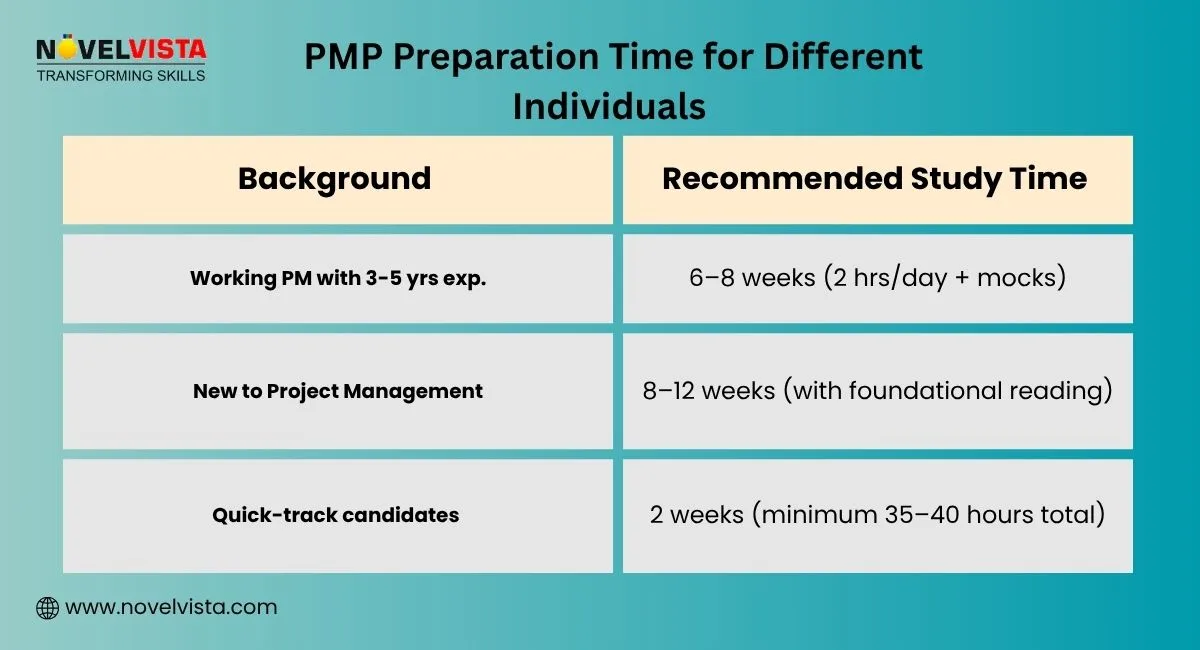 So, yes, quick turnaround is possible, but only if you’ve got the discipline and environment to go all in.
So, yes, quick turnaround is possible, but only if you’ve got the discipline and environment to go all in.
PMP Exam Preparation Strategies
Let’s get real, you need a system.
Let’s get real, you need a system.
Here’s what consistently works for successful candidates:
a) Know the ECO Inside Out
Understand how PMP classifies domains. Focus more on People and Process, as they make up 92% of the exam.
b) Diversify Study Materials
Use a mix of:
- PMBOK Guide (latest edition)
- Agile Practice Guide
- Rita Mulcahy’s PMP Exam Prep
- YouTube explainers and spaced repetition flashcards
c) Full-Length Mock Tests
Don’t just test your knowledge, train your stamina. Do 2–3 full mocks in actual exam-like conditions.
Aim for 85 %+ consistently.
d) Analyze Wrong Answers
Maintain a journal. Note every error and go back to the concepts. This reflection loop helps 10x your retention.
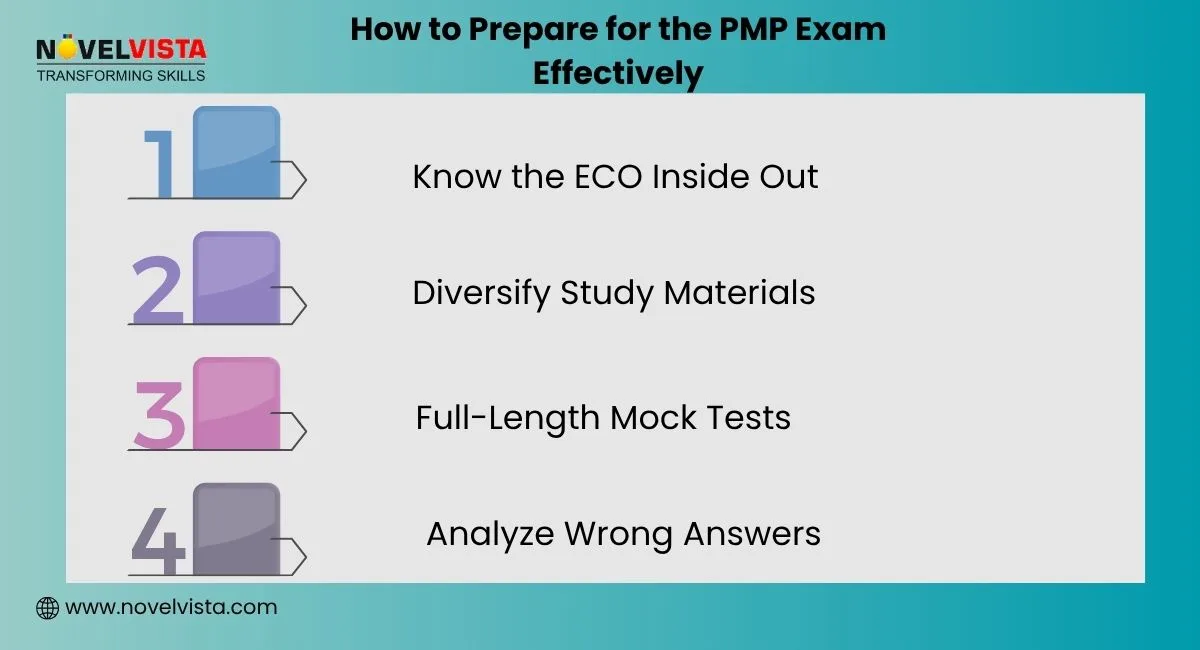
From Practice to Perfection: How to Learn from Mock Exams
Learn from Mock Exams
Mock exams are a great way to test your readiness. But it’s not about your score—it's about identifying your weak spots. After each mock exam, review why the answers are correct and wrong. This will help you understand the structure and reasoning behind questions.
Wondering how hard is the PMP certification test is? Mock exams can give you a real sense of its difficulty, and they’ll help you prepare for the actual exam.
If you want to take an overview of the mock exam, click here PMP Mock Test 2026.
How to Manage Time in the PMP Exam
One of the biggest hidden hurdles in PMP isn’t content, it’s time. Even well-prepared candidates lose marks because they couldn’t manage the clock.
Here’s how to stay ahead:
-
Set Checkpoints
- Target: 100 questions in 120 minutes
- This gives you breathing space for the remaining 80 questions.
- Target: 100 questions in 120 minutes
-
Use Flag & Skip Wisely
- Don’t get stuck! Flag tricky questions and move on.
- Return in the final 30 minutes for revision.
- Don’t get stuck! Flag tricky questions and move on.
-
Break Strategy
- You get two 10-minute breaks after Q60 and Q120.
- Use them to refresh, don’t review or panic during breaks.
- You get two 10-minute breaks after Q60 and Q120.
Beyond the Books: The Mental Game of the PMP Exam
Handling Stress and Anxiety
Is the PMP exam hard? Yes, but managing stress is half the battle. Practice relaxation techniques like deep breathing or visualization. A calm mind performs better under pressure.
Rest and Avoid Burnout
Study hard, but don’t forget to rest. Getting enough sleep and taking breaks during study sessions will help you retain more information. Feeling burnt out? Don’t worry—how hard is PMP certification? It’s all about balance.
What Test-Takers Wish They Knew
-
Start Early: Don’t wait until the last minute. The PMP test pass rate is low, but consistent study will improve your chances.
-
Understand PMI’s Way: The way PMI defines project management may differ from your experience.
-
Use Official Materials: PMI’s materials are essential. The PMBOK guide is your best resource.
-
You Can Retake the Exam: If you don’t pass, you can retake the exam up to three times in a year.
It’s a Marathon, Not a Sprint: Studying for the PMP takes time, so pace yourself.
How to Overcome PMP Preperation Pitfalls?
Even smart candidates fall into traps. Here’s how to sidestep them:
-
Easy Mocks = False Confidence: Some online mock tests are too easy and unrealistic. They inflate your confidence. Stick to high-difficulty simulators.
-
Long English Passages: PMP questions are often long and wordy. If English isn’t your first language, practice comprehension under pressure.
-
Online Exam Technical Issues: If your internet isn’t rock solid, opt for a test centre. You don’t want to lose time because of software lag or proctor confusion.
Download Your Free PMP Planner Today
Stay Focused, Stay Certified – Access the Planner
Real Talk: What PMP Test-Takers Wish They Knew
Conclusion
This blog likely answers your question, "How hard is the PMP exam?" If not, here’s the quick answer:
Let’s be honest, the PMP exam is challenging, and that's intentional. It’s designed to demonstrate your ability to manage complexity, align stakeholders, drive results, and do it all with structure and strategy. If you approach PMP as just another checkbox, you’ll struggle. But if you tackle it with purpose, planning, and determination, you’ll not only pass but elevate your career.
Whether you’re transitioning into a new role, aspiring for leadership, or upskilling in your current job, PMP is a powerful credential that adds significant value.
The best time to take the leap is now.
Final Thoughts
The PMP exam is hard, but not impossible. With the right mindset, strategic planning, and enough practice, you can pass. It’s about mastering the PMI way, reviewing mock exams, and staying calm during the process. How difficult is the PMP exam? It’s tough, but you’ve got this—so long as you’re prepared. The PMP certification from Novalista is a globally recognized credential that validates your expertise and skills in project management, enhancing career opportunities and earning potential.
Frequently Asked Questions
PMI Members: ₹23,459
Non-Members: ₹42,863
PMI membership costs ₹9,963 annually and offers benefits like discounted exam fees and free access to the PMBOK® Guide.
Four-Year Degree: 36 months of project management experience and 35 hours of training.
High School Diploma/Associate Degree: 60 months of experience and 35 hours of training.
2. Training: Enroll in a formal PMP training program (offered by NovelVista).
3. Apply: Submit your application through the PMI website with your experience and training details.
4. Prepare: Study using the PMBOK Guide and take practice exams.
5. Take the Exam: The exam consists of 180 questions and must be completed in 4 hours.
6. Get Certified: Upon passing, you will earn the PMP certification, valid for 3 years.
Author Details

Mr.Vikas Sharma
Principal Consultant
I am an Accredited ITIL, ITIL 4, ITIL 4 DITS, ITIL® 4 Strategic Leader, Certified SAFe Practice Consultant , SIAM Professional, PRINCE2 AGILE, Six Sigma Black Belt Trainer with more than 20 years of Industry experience. Working as SIAM consultant managing end-to-end accountability for the performance and delivery of IT services to the users and coordinating delivery, integration, and interoperability across multiple services and suppliers. Trained more than 10000+ participants under various ITSM, Agile & Project Management frameworks like ITIL, SAFe, SIAM, VeriSM, and PRINCE2, Scrum, DevOps, Cloud, etc.
Course Related To This blog
PMP Training
Confused About Certification?
Get Free Consultation Call

